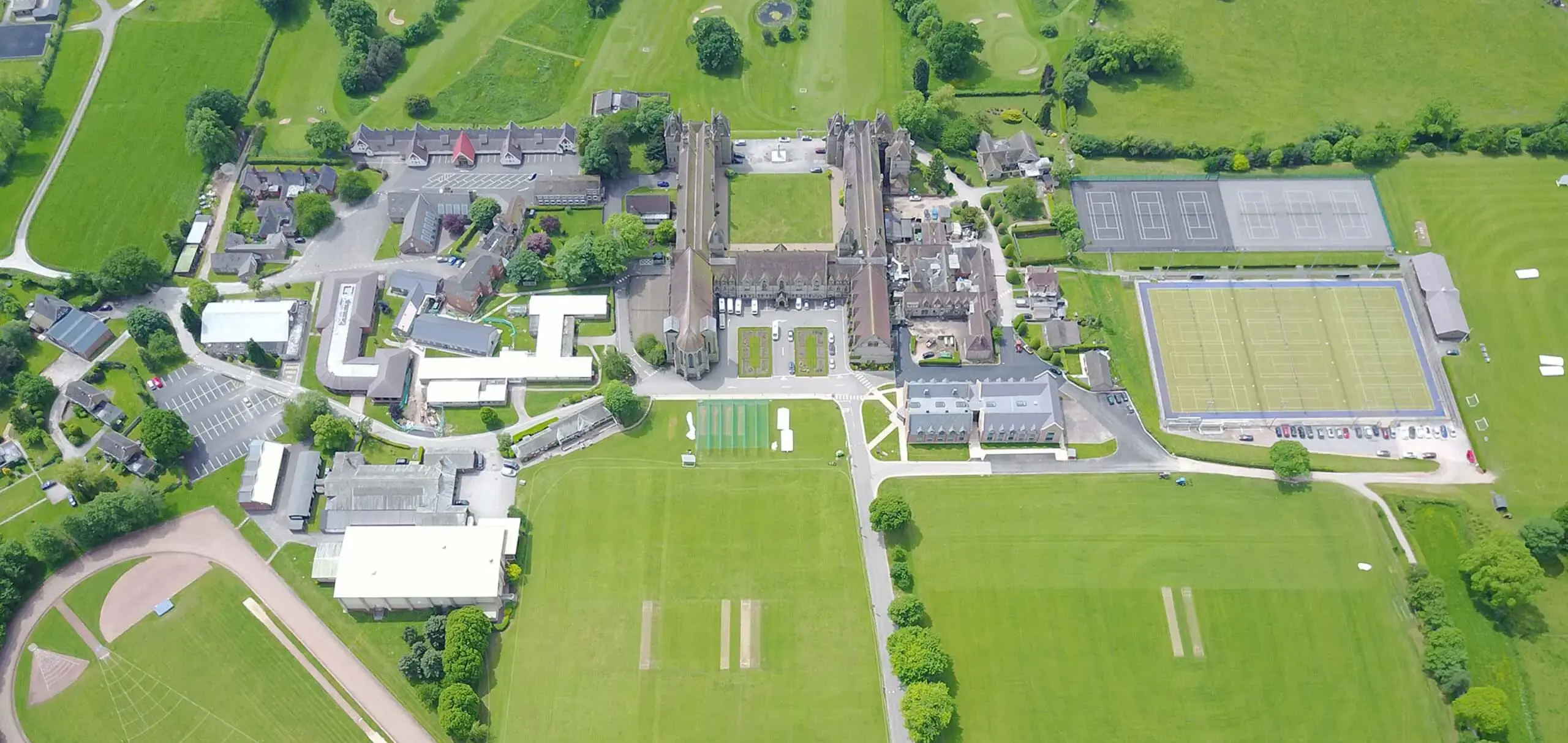

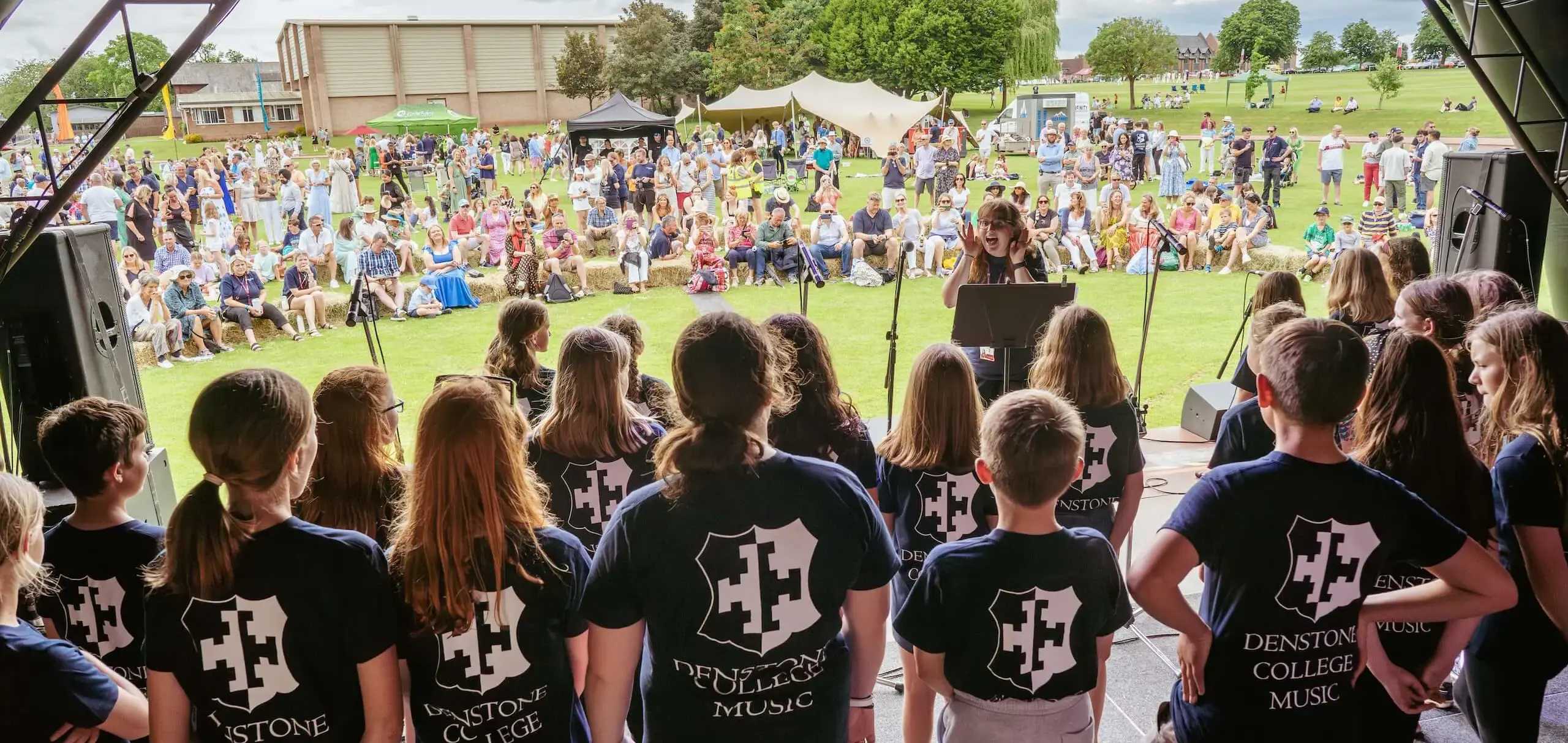
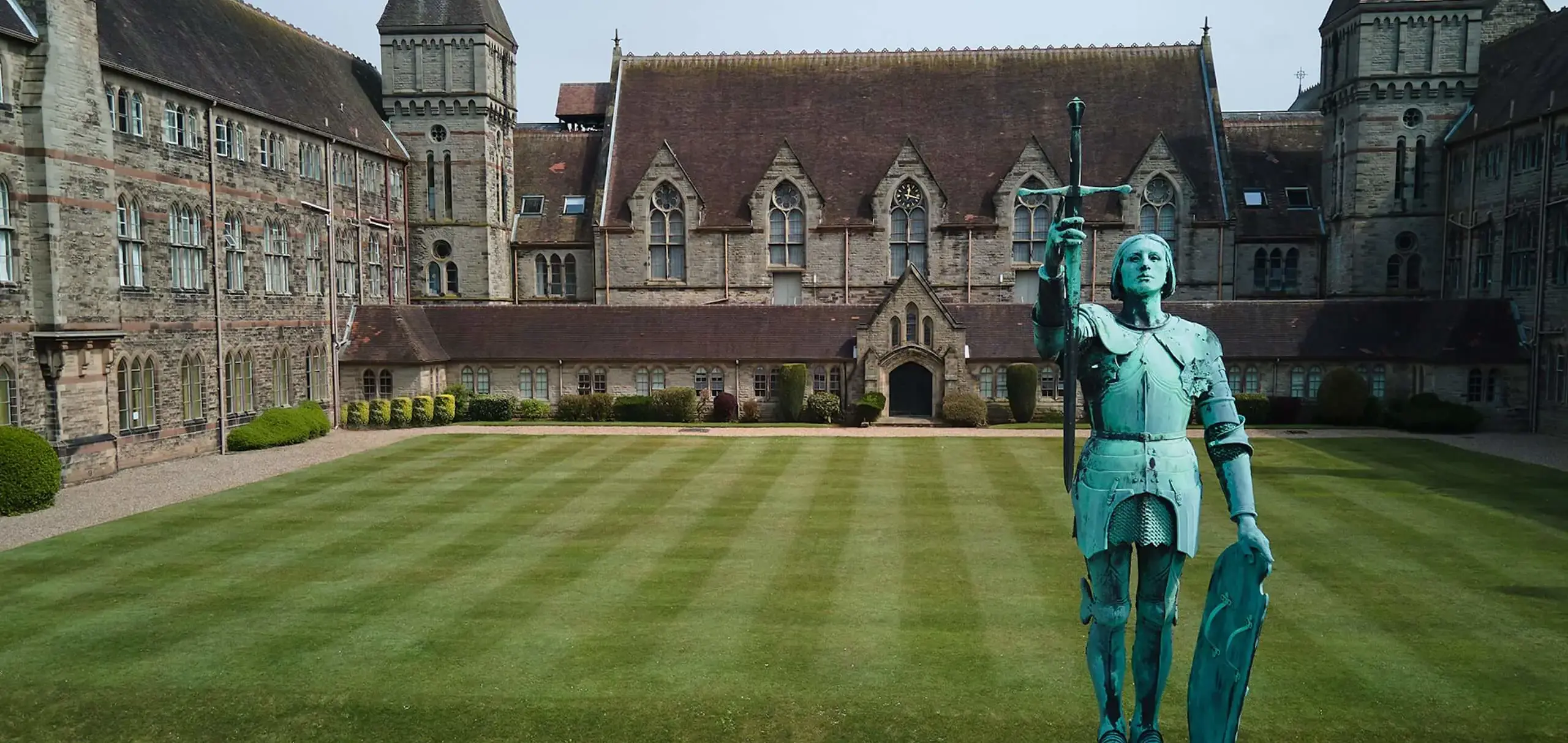
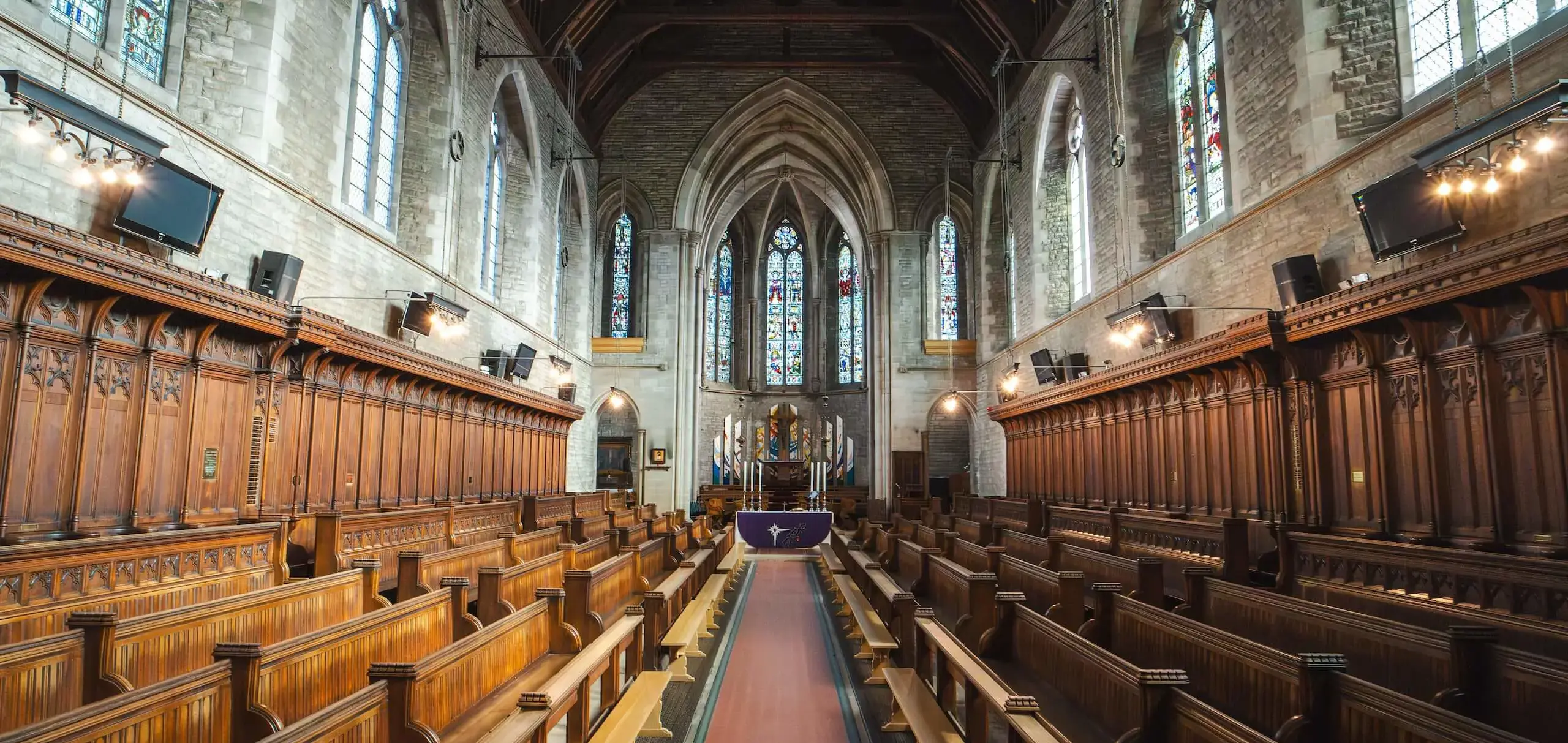
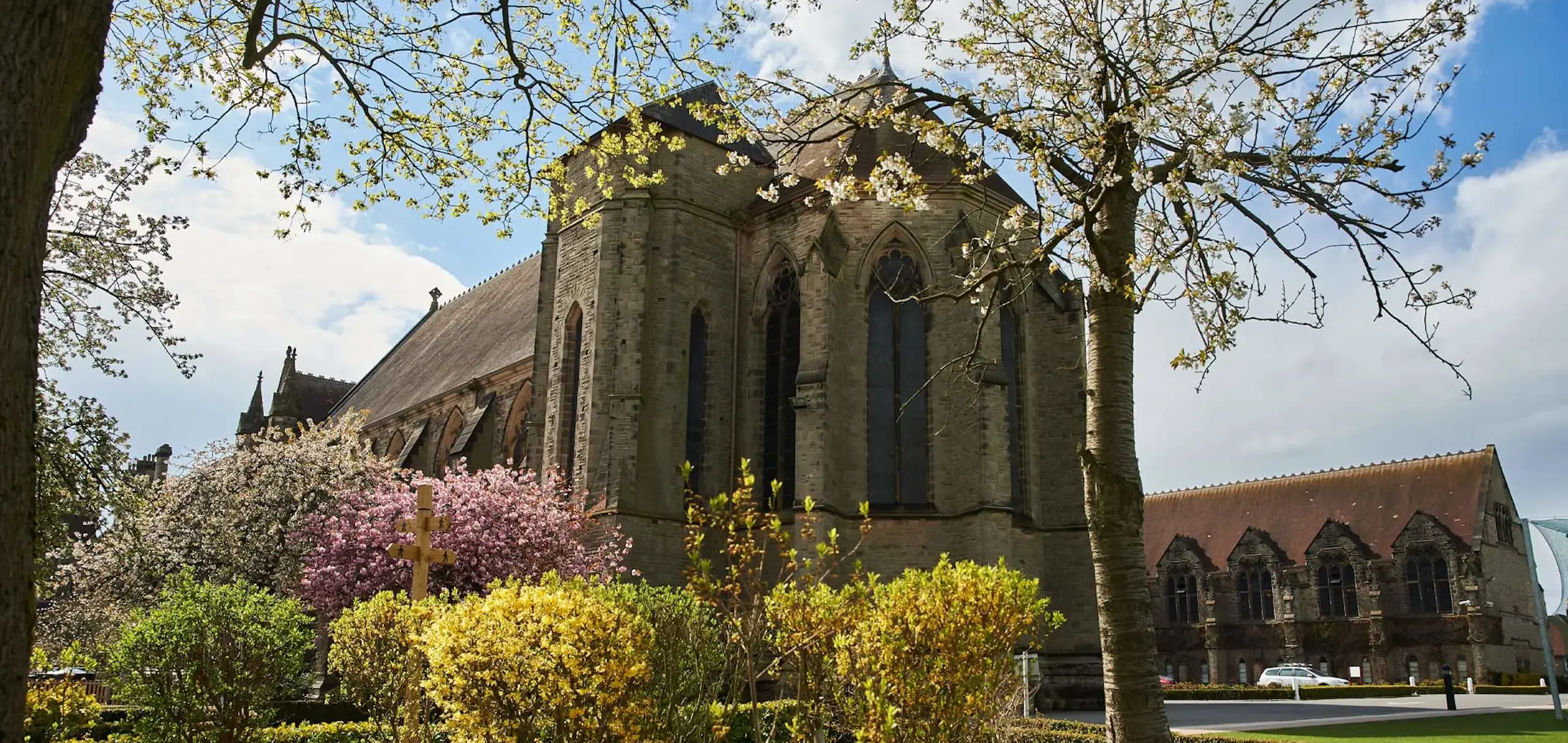
|
|
 Our Health & Wellbeing Centre win again! This time they have secured the Safeguarding Inclusion Award with the Safeguarding and Child Protection Association, which is part of Boarding Schools' Association
Our Health & Wellbeing Centre win again! This time they have secured the Safeguarding Inclusion Award with the Safeguarding and Child Protection Association, which is part of Boarding Schools' Association
This award celebrates efforts to promote diversity and build a culture of inclusion, and we’re proud to share the work we've done with The Royal National Children’s Springboard Foundation. Through this partnership, we’re helping to widen access to opportunities for children facing a range of vulnerabilities. Below is our submission for the entry;
Denstone College advocates a culture of safety, equality and protection. By establishing a safe environment, we enable our children to learn and develop while helping to prevent the impairment of our young people’s mental and physical health.
In order to ensure diversity and inclusivity Denstone College recognises the impact of adverse childhood experiences and is working towards adopting a Trauma Informed approach to safeguarding. According to Young Minds, 2018, these are, “highly stressful, and potentially traumatic, events or situations that occur during childhood or adolescence. They can be a single event, or prolonged threats to, and breaches of, the young person’s safety, security, trust or bodily integrity.”
Trauma-informed practice in education focuses on understanding trauma’s impact, supporting affected students, and creating inclusive, safe environments. It encourages practitioners to build trusting relationships and work in partnership with young people to empower them.
Denstone works alongside the Royal National Children’s Springboard Foundation to help widen access to the opportunities available in state boarding and independent schools for young people facing the greatest barriers to their development. We believe a boarding school education can offer transformational educational benefits and opportunities to children facing a wide range of vulnerabilities, who are in care or whose home circumstances might characterise them as being ‘on the edge of care’.
This may include Children in Care (CiC), Previously Looked-After Children (PLAC)/ Special Guardianship Order (SGO), Unaccompanied Asylum-Seeking Children (UASC), Children on a Child-Protection Plan (CPP), Children on a Child-in-Need Plan (CiN), Young Carer (with significant caring responsibilities), Children with significant children’s services involvement ("edge of care")
We recognise the needs of these children vastly differ from others in the school community and require specific intervention. As part of the safeguarding team the College has a Designated teacher for looked after children. This member of the team develops close links with all parties involved, attends statutory reviews and liaises with social workers, the independent review officer, foster parents and members of teaching staff to ensure that the care provided within school is as specified within The Children and Families Act 2014 and safeguards the voice of the child relating to all aspects of their education.
It is recognised each person responds to trauma differently, these can include angry outbursts, difficulty controlling their emotions, feelings of shame / guilt, anxiety, distrust and perceived hostility.
With the intervention of the safeguarding team the principles of trauma-informed practice are upheld. Safety, trustworthiness, choice, collaboration, empowerment and cultural consideration are embedded in our counselling service along with access to an independent practitioner, with a background in social work. Advocacy by the Deputy Head Pastoral and Head of Welfare supports building resilience by helping young people to develop problem solving skills, learn to manage their emotions and create a stable environment. This is key for those that have been exposed to trauma.